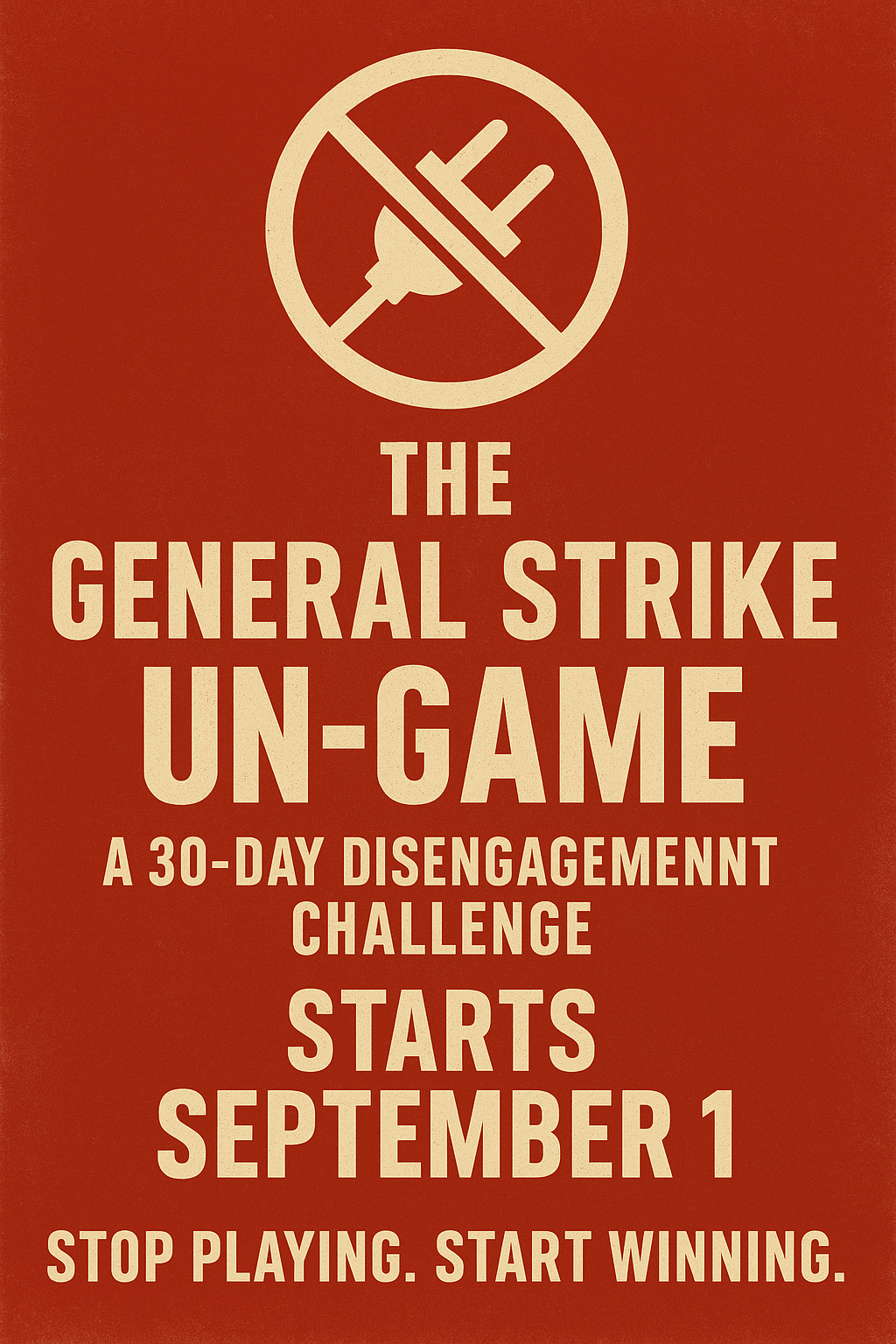Know Your Rights: Demonstrations and Protests
Knowing your rights during demonstrations is crucial for protecting yourself and ensuring your message is heard. Whether you’re attending a peaceful protest, organizing a march, or distributing flyers in public, understanding the legal limits of free speech and assembly can enhance your activism and protect your community.
This page explains your constitutional rights, common restrictions, and what to do if those rights are violated. While not intended as legal advice, this information is based on established legal principles and resources, such as the American Civil Liberties Union (ACLU).
General Guidelines
Can my free speech be restricted because of what I say—even if it is controversial?
Note. The First Amendment protects speech regardless of content, even if it is unpopular or controversial. However, authorities can enforce narrowly tailored “time, place, and manner” restrictions—as long as they are applied evenly and are not used to suppress specific viewpoints.
Where Can I Engage in Free Speech Activity?
Public forums like streets, sidewalks, and parks are traditionally protected spaces for free expression. Government-owned areas such as public plazas may also host demonstrations, as long as they don’t interfere with the main use of the property (e.g., blocking a courthouse entrance).
What About Private Property?
Free speech isn’t guaranteed on private property unless you get the owner’s permission. Property owners can set their own rules, and refusing to leave when asked might lead to trespassing charges.
Do I Need a Permit to Protest or Demonstrate?
- Not always. Permits are typically required for:
- Marches or parades that block traffic or leave sidewalks
- Events using amplified sound
- Large rallies at certain public parks or plazas
Note: Permit applications should not be used to prevent spontaneous protests in response to recent events. Authorities must also avoid placing unnecessary restrictions or rejecting permits based on the viewpoint of your message.
Specific Situations
What If Organizers Haven’t Obtained a Permit?
Protesters can still legally gather on sidewalks if they follow pedestrian rules, leave space for passers-by, and do not block access to buildings.
Can I Distribute Flyers or Leaflets?
Yes. You can hand out literature, gather petition signatures, and solicit donations on public sidewalks without a permit—provided you do not physically block or detain passersby. Setting up a table may require a permit, depending on your location.
Is Picketing Legal?
Yes, picketing is protected under the First Amendment. It must be peaceful and permit the public to move freely and access buildings.
Can the Government Charge Fees for Protests?
Sometimes, local governments may charge administrative fees or require cleanup deposits, but these must be reasonable. Charging more because your event is controversial, or requiring costly insurance due to the expected crowd, is generally unconstitutional. Low-income groups must be offered waivers so free speech isn’t restricted to the wealthy.
Do Counter-Protesters Have Rights?
Yes. Counter-demonstrators have the same rights as those they oppose, although they cannot physically disrupt another protest. Police may keep rival groups separated but must allow both to occupy nearby spaces.
What If Similar Events Were Previously Allowed?
If your event is denied a permit while similar events have been approved previously, this could suggest selective enforcement—potentially infringing on your First Amendment rights.
Protected Forms of Expression
The First Amendment safeguards more than just speech.
Symbolic acts like candlelight vigils, wearing costumes or masks, and displaying banners
Artistic expression through music, dance, theater, and performance.
Caution: Symbolic acts that involve breaking the law—such as blocking traffic or occupying private property—can lead to arrest or charges, even if politically motivated.
What to Do If Your Rights Are Violated by Police
At the Scene
Stay calm and avoid confrontation.
Request to speak with a supervisor.
Clearly state that you are exercising your constitutionally protected rights.
If ordered to disperse, cooperate to prevent arrest—but record the incident if possible.
After the Incident
If you think your rights have been violated:
Document everything – badge numbers, time, location, officer names, car numbers.
Gather witness information – names and contact details.
Take photos, especially of injuries or damage.
File a complaint – Contact the agency’s Internal Affairs Division or Civilian Complaint Review Board.
Further Resources
This guide draws from and aligns with the American Civil Liberties Union’s materials on protest rights. For deeper legal insight and state-specific rules, visit:
🔗 ACLU: Know Your Rights – Protesters’ Rights
🔗 Freedom Forum – First Amendment Resources
🔗 Constitutional Protest Guide – Know Your Rights
The information provided on this website is for educational and informational purposes only. This information is not intended to be taken as legal, medical, or professional advice. The views expressed are those of the author(s) and do not necessarily reflect those of the company or its affiliates. Visitors are encouraged to conduct further research and consult with relevant

 No products in the cart.
No products in the cart. 